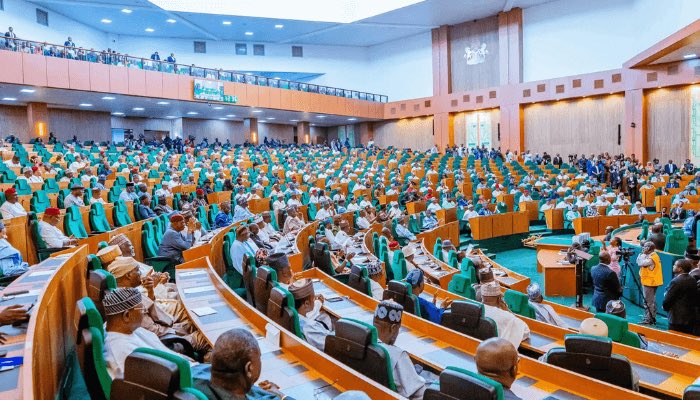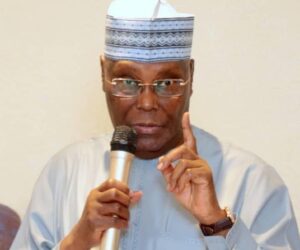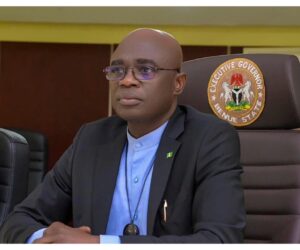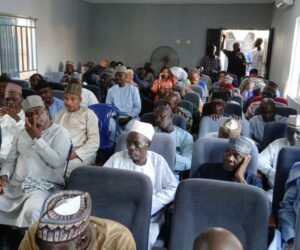Nigeria is set to blaze the trail in regulatory law on Digital Economy and E – Governance in Africa with possibility of signing into law this week by President Bola Tinubu , a bill jointly drafted and processed for that purpose by both the Senate and the House of Representatives.
Indications to this effect emerged on Monday during a one day Public Hearing on National Digital Economy and E – Governance Bill 2025 organised by the Senate and House of Representatives joint committees on ICT and Cybersecurity.
Aside assurances given by Chairmen of the joint committee , Senator Shuaib Afolabi Salisu and Hon Adedeji Olajide on laying and passing the bill for third reading at both chambers this week, the Minister of Communications, Innovation and Digital Economy , Dr Bosun Tijani , also assured that the President will sign it into law this week.
“This bill is being awaited by President Bola Tinubu for assent this week, being one of the catalysts for the actualization of the projected $1trillion economy,” he said.
In his presentation at the public hearing, the Minister said the expected Act from the bill , will be the first of kind on the African Continent which according to him, “is a clear demonstration of Nigeria’s role in setting the pace for technological advancement across Africa.”
He said : “This sector, which once contributed about 16 percent to our GDP, is now tracking at 19 percent. Under the President’s leadership, we are targeting a $1 trillion economy with the digital economy contributing 21 percent to GDP by 2027. This Bill will unlock the private sector’s potential to achieve that goal.
“Our government is committed not to quick fixes, but to deep, structural investment—building foundational digital infrastructure and progressive policies that will open new opportunities nationwide.
“Together with the National Assembly, we are driving the deployment of 90,000 kilometers of fiber-optic network to connect every geopolitical zone, state, and local government with world-class internet access.
“Beyond this, we are addressing the needs of over 20 million unconnected Nigerians by deploying nearly 4,000 new communication towers in currently underserved communities.
“The Bill also provides for a national data exchange system, ensuring seamless information sharing among MDAs and between government and the private sector.
“It further establishes a framework for artificial intelligence (AI) adoption—enabling Nigeria to leapfrog in competitiveness and productivity across critical sectors.
“In strengthening this Bill, we are shaping the future of generations yet unborn. As the African proverb says, “Wise elders plant trees whose shade they will never sit under.”
“The generation that liberalized our telecommunications sector in 1999 laid the foundation for today’s growth. Now, we take the next bold step—to expand our economy through technology and innovation.”
Earlier in his welcome address, the Chairman of the Senate Committee on ICT, Senator Shuaib Afolabi Salisu, said the legislation when passed into law , will be the first in Africa as far as digital economy and e – governance are concerned.
He said, ” The objective of this bill is to provide regulatory clarity for electronic transactions in the country.
“The second objective is to mandate government agencies to digitise their operations and services .
The law when put in place , will serve as the backbone of digital economy.”
In his own remarks, the Chairman of House Committee on ICT, Hon Adedeji Olajide, the bill when passed into law, would bring about , digital transformation of the country.
All stakeholders present at the public hearing like National Communication Commission (NCC), Nigeria Communication Satellite (NICOMSAT), Nigeria Postal Services (NIPOST), Galaxy Backbone, Office of the Head of Service etc, supported the legislation.








